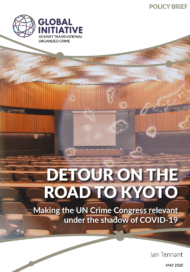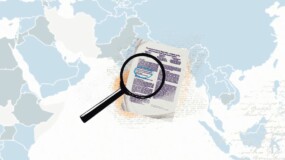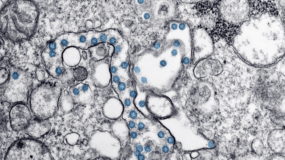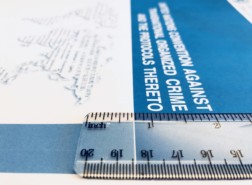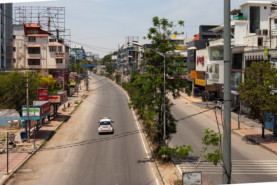Posted on 06 May 2020
The world is in a state of crisis. Health systems are under strain, businesses and employees are struggling, and ordinary life for many is simply on hold, or going downhill fast. We are yet to see the full extent of the spread of the virus, but restrictions are already bringing life and work to a standstill, as countries desperately try to protect their health systems, economies, and societies, and hopefully prevent some of the worst health outcomes. Meanwhile, as part of the response, governments are gaining new powers to control populations and restrict movement and activity, and heavy-handed responses are already in evidence. The short-term impacts
are severe and deadly, but the long-term impacts are unknowable, but will be unprecedented, if not seismic. This crisis exposes the fragility of the current globalized order and poses fundamental questions about the way we live, work and travel. It is becoming increasingly clear that this will not be over quickly, and that we will not just return to business as usual when it is ‘over’.
UN Secretary-General António Guterres refers to ‘a global health crisis unlike any in the 75-year history of the United Nations’, adding: ‘We are in an unprecedented situation and the normal rules no longer apply. We cannot resort to the usual tools in such unusual times.’
And as the international community responds, it will have to innovate to find new ways to undermine the illicit markets and criminal actors that take advantage of crises like these to increase their power and exploit the vulnerable. We recently outlined our initial findings on the impacts of COVID-19 on organized crime, the difficulties and vulnerabilities associated with it, and what governments can do to respond to these unique and unprecedented challenges.
